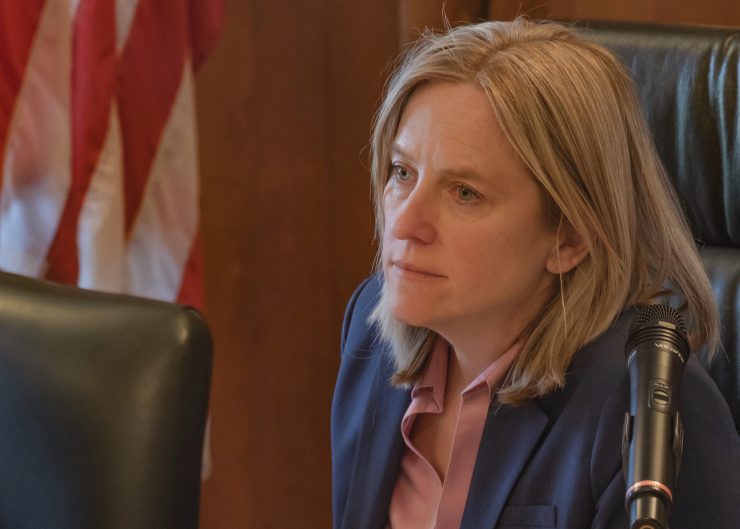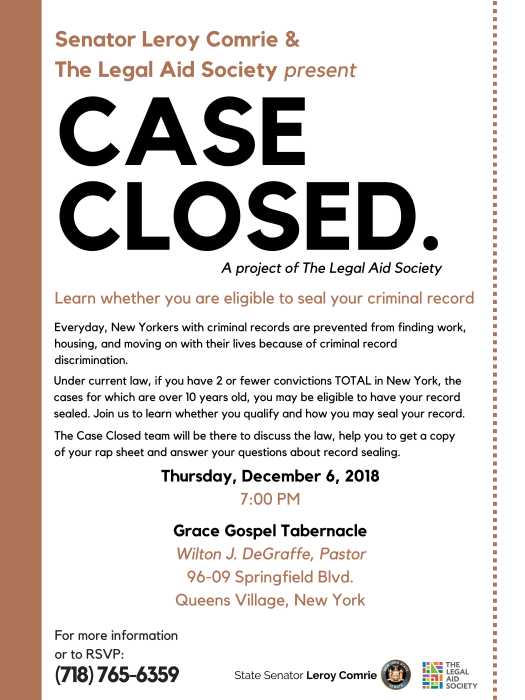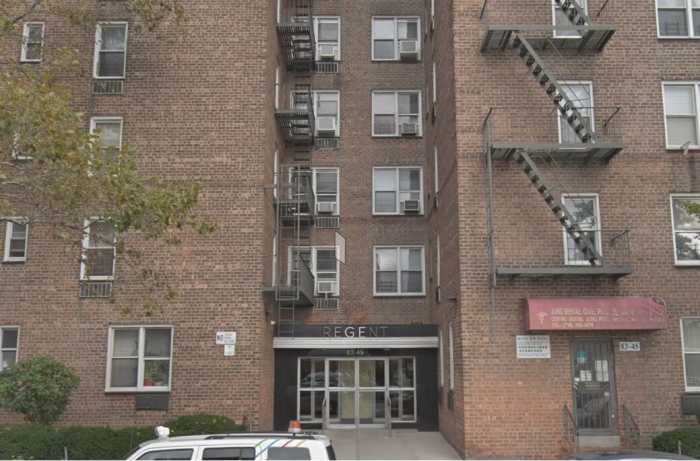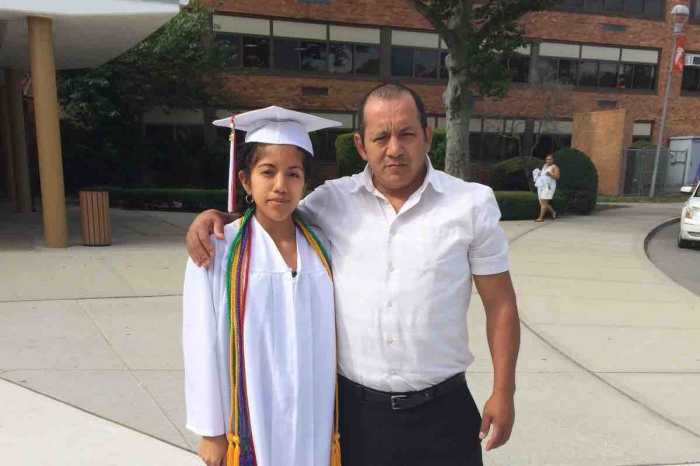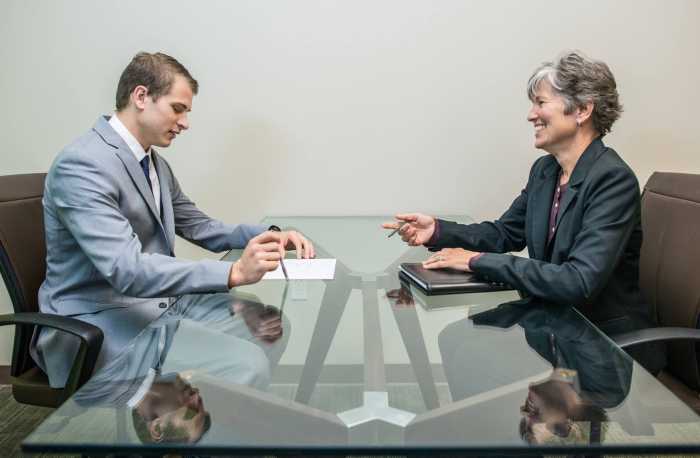The Legal Aid Society is calling on Queens District Attorney Melinda Katz to improve her office’s evidence-sharing practices that they say currently subvert New York’s reformed criminal discovery statute and contributes to lengthy court delays.
In 2019, Albany reformed New York’s outmoded criminal discovery laws — which were long considered out of the mainstream, prejudiced the defense, and denied New Yorkers accused of a crime a fair trial — to ensure the prosecutors disclosed key evidence in a timely fashion to the defense.
Since the implementation of these reforms, New York City’s district attorneys established electronic sharing practices to ensure compliance with the new law’s disclosure requirements. The district attorneys in Manhattan, the Bronx, Brooklyn, and Staten Island devised systems that, for the most part, organized evidence by type and noted the specific evidence’s name on PDFs and other documents.
However, in Queens, Katz’s prosecutors do not organize discovery documents in any logical way, requiring defense attorneys to comb through hundreds of documents to discern exactly what they are, according to The Legal Aid Society. The organization made up of public defenders says this has contributed to court delays and has undermined the spirit of discovery reform. Since the reforms were first enacted more than two years ago, this broken practice has impacted all 41,231 homicide, felony, and misdemeanor Legal Aid cases in the borough.
For example, in a recent Queens case, a Legal Aid attorney received over 400 unnamed documents, many of them duplicates, demanding unnecessary hours of work from counsel to open, review and organize each file. In a recently concluded felony case, the DA’s office provided 3,000 discovery documents which were also unnamed, requiring the same laborious review, sorting, and naming.
Legal Aid says they have met with Katz multiple times over the course of two years to raise these concerns, but her office has so far refused to implement any changes to the practice.
“For over two years, public defenders throughout Queens have dealt with this unfair and illogical practice, which undercuts discovery reform and contributes to court delays,” said Diana Nevins, staff attorney with the Queens Trial Office at The Legal Aid Society. “District Attorney offices in other boroughs have implemented evidence-sharing methods that mostly square with the spirit of the landmark reform, but DA Katz has so far refused to improve her office’s practice in a way that is straightforward and efficient. We again call on DA Katz to remedy this issue immediately to ensure that our clients aren’t deprived of the due process they deserve.”
A spokesperson for the Queens District Attorney’s office explained the reformed discovery process to QNS, without mentioning any changes that might placate The Legal Aid Society.
“We process materials electronically, rather than by hand, expediting the information-sharing process and enabling us to get more discovery into the hands of defense counsel sooner,” the spokesperson said. “Defense counsel sorts and categorizes those materials however they think is most useful to them. We will continue working collaboratively with public defenders to meet the rigorous demands of discovery reform.”

